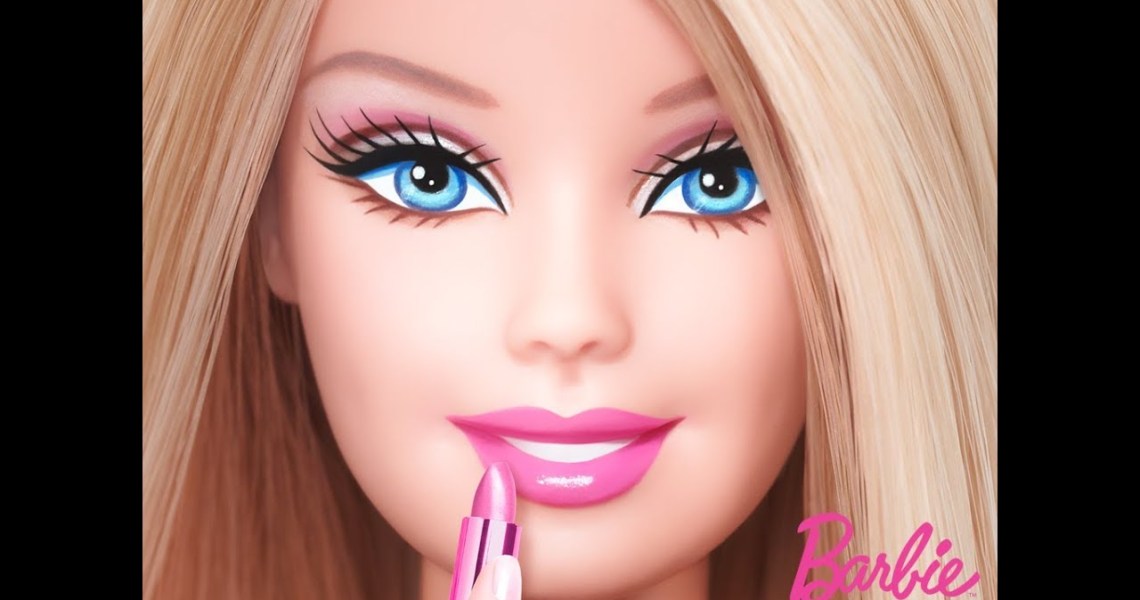Pür cosmetics and Butter London have teamed up on a second Barbie-themed collaboration as an opportunity to better expose customers to one another and pump up each other’s brand equity.
Both Pür cosmetics and Butter London are owned by Atlanta-based Astral Brands, which also owns clean beauty brand Aloette and clinical skin-care brand Cosmedix. Their first collaboration featured nine products and was released only in North America in Aug. 2019, while the new collection launched globally on Tuesday via e-commerce and will roll out to retailers including Ulta on Sept. 20. The second collection is more than double the size of the first, with 21 products including brushes, palettes and nail polish. In its first iteration, Butter London offered two Barbie-themed nail polishes, but both brands sold their items separately and required customers to jump between the two e-commerce sites to purchase the full collection. Now, individual items from both brands are available for purchase on Purcosmetics.com, and all will roll out across ButterLondon.com in September. Each brand’s packaging specifies the Barbie co-branding but does not reference the other brand.
“If you didn’t know that [Pür cosmetics and Butter London] were under one umbrella company, [the first collab] would have looked like a totally separate Barbie collaborations,” said Julie Campbell, Butter London general manager. “It didn’t look like one cohesive collection, whereas today, you can now purchase the whole look under the two websites.”
Since March, Butter London customer demo has shifted; the brand has brought in younger customers. The brand’s core demo is between 25- and 34-years-old, but its customers in the 18- to 24-year-old age group have increased by 144% since March, said Campbell. For the second (and into the third) quarter, Butter London experienced an 80% sales increase compared to the first quarter, which Campbell attributes to the uptick in DIY and at-home manicures. Pür cosmetics has also experienced a shift in core customers, which was previously between 35- and 44-years-old. This has fallen to the third-largest age group, behind 25- to 34-year-olds and 18- to 24-year-olds. Although the shifts in customer demos were not anticipated, the brands still see key opportunities for cross-pollination of audiences, including the traditional older-millennial bracket, said Christy Monaghan, Astral brands vp of digital.
“The audiences vary quite a bit between the two brands, but thiscollection will be an impactful thing for the customer to see that these two brands fit under the same family,” she said.
Cross-promotion between beauty brands has grown beyond basic social media giveaways. In March, Sol de Janeiro began a sampling program with fashion brand Good American to promote Sol de Janeiro’s first fragrance, and in August, Hero cosmetics teamed up with menstrual care brands Saalt and Ami Wellness on a limited-edition period kit that is sold across the three brands’ websites.
On the first day of the collection launch, revenue increased by 35% on Purcosmetics.com compared to the launch day for the first collaboration in 2019, said Monaghan. Meanwhile, time spent on Pür Cosmetic’s website increased by 40% on launch day, compared to the launch day for the first collaboration. In 2019, the Barbie x Pür cosmetics collab garnered 3.4 million in unpaid earned media value, but Monaghan declined to share sales figures. Because the collaboration is led by Pür cosmetics and its products have yet to be rolled out to ButterLondon.com, Astral Brands did not break out Butter London results.
When it comes to marketing, Tish Thompson, Pür vp, said that traditionally a collaboration like this would have in-person events for promotion, but the team has had to rethink its marketing approach. Since March, Butter London and Pür cosmetics have also found that unpaid advertising tactics are no longer enough; both have brands invested further in paid social. Barbie collaboration ads will run between September and the end of December, and will equally feature both brands and drive to both of their sites. In the second quarter, Astral Brands brought on a new digital advertising agency to help manage the brands, but the company declined to share specifics.
“[Cross-selling] takes the guesswork out for customers, and it gives us the opportunity to cross-pollinate our audiences,” said Thompson. “From a strategic perspective, it provides us the opportunity to learn more about what works, and other Astral Brands can [use that to] grow faster based on what Pür cosmetics and Butter London have done.”




